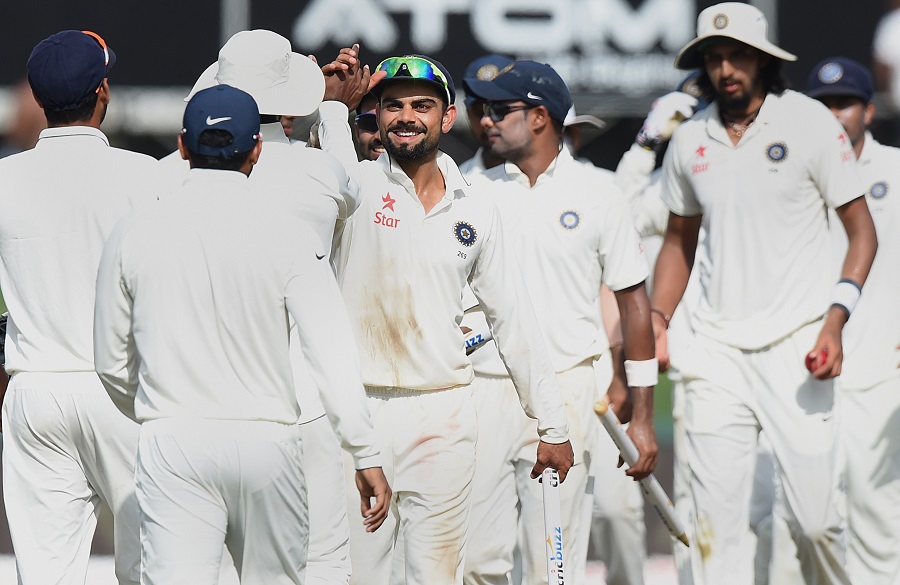A British hospital director told me he was hunting for staff to replace foreign doctors and nurses leaving because of Brexit. He hadn’t found many qualified Britons queuing to replace them. In fact, he specified: “Not one!”
You could interpret this as yet another cautionary tale about Brexit. In an age when the chief global business cliché is the “war for talent”, the UK is fighting a war against talent. But if I were a Brexiter, I’d say: Brexit should be the prompt for Britain finally to start training enough of its own talent.
Obviously, I’m not arguing that every departing foreigner frees up a job for a Briton. Economists dismiss such reasoning as the “lump of labour fallacy”. Rather, I’m saying that if the UK wants to avoid economic decline, it will need to train far more of its own nurses, construction workers, bankers, architects, etc. For a country whose policy has always been not to educate the working class, that would be a reversal of history. It would come too late for the over-45s (the generation that actually voted for Brexit), but it could transform the futures of young Britons. And it’s doable.
The British tradition is to educate each class separately, writes historian David Cannadine in Class in Britain. Even in the 18th century, posh males went to public schools and Oxbridge, whereas the poor were taught almost nothing. The purpose of education then, says Cannadine, “was more to teach people their place than to give them opportunities to advance”. His words apply pretty well to today’s country. The alumni of nine expensive “public” schools are now 94 times more likely than the average Briton to reach the elite, according to London School of Economics research. (The conservative Daily Telegraph reported the findings under the headline, factually accurate as far as it went, “Boys’ public school dominance over British elite has ‘diminished significantly’ over time”.)
The UK — without any more wars of conscription and with few surviving factories or mines — now struggles to find a use for low-skilled people who live in places where they can’t perform personal services for higher castes (see this week’s cover story on Blackpool).
Before Brexit, the rest of the country didn’t need these people. High-skilled immigrants staffed world-class British sectors such as the City and London’s creative economy. In healthcare, the UK developed a brilliant racket: let a poor country like Romania fund a nurse’s education, then underpay her to look after sick Brits. Low-skilled immigrants eager to work all hours for little money gave the UK cafés, carers and corner shops that seldom closed. Low-skilled Britons could have done these jobs, but mostly didn’t.
The coming wave of British talent is largely immigrant too: the kids who have made London’s state schools the UK’s best, plus the offspring of Russian, Chinese and other foreign elites who fill the public schools. Many of these people would love to stay and make the UK richer.
But Brexiters want to cut immigration. The obvious, if tricky solution: equip working-class Brits to do jobs from nursing to banking. “That’s the opportunity,” says Charles Leadbeater, a consultant who has long advised British governments on innovation and education. “I just think it won’t happen. It would require something like a wartime national mobilisation of people and skills. That would require state leadership of the kind most Brexiteers abhor.”
Leadbeater points out that Tory Brexiter politicians — almost none of whom send their children to state schools — rarely talk about apprenticeship schemes à la Switzerland. Instead, their vision seems to be a low-tax, low-regulation Britain.
Jonathan Portes, economics professor at King’s College London, adds: “The problem of UK vocational education has been known for at least a century. We’ve always neglected it. When I was involved in government we had a new skills strategy every two years, and none of them worked.”
Anyway, executing Brexit will distract ministers and civil servants for years to come. “The government has neither the fiscal room nor the mental bandwidth to do much about skills,” says Portes. In fact, in August the UK removed the NHS bursary for people training to be nurses, midwives and speech therapists, among other professions. Students now have to fund their courses themselves, knowing they can expect a low lifetime salary.
If Britain doesn’t upskill its workers fast, it will lose skilled jobs. It will continue to have the world’s best universities per capita only if it can find enough Britons to replace departing foreign academics. Much the same applies to finance or design. Meanwhile, low-skilled foreign fruit pickers have already melted away since the pound plunged. With few Britons queuing to replace them, much of this year’s produce rotted in the fields.
So the most likely post-Brexit outcome is a Britain that cannot keep itself in the style to which it has become accustomed. The war against talent will probably leave the UK looking a bit more like today’s English seaside towns, or most of the country in the 1970s: culturally homogeneous, relatively poor and under-serviced. On the upside, housing should be cheaper. For many Brexiters, I suspect the trade-offs will be worth it.









 Mike Brearley was fortunate to have captained England when Botham and Willis were arguably at their best © Getty Images
Mike Brearley was fortunate to have captained England when Botham and Willis were arguably at their best © Getty Images Indian captains have been termed "aggressive" usually when they've had quality bowlers at their disposal © AFP
Indian captains have been termed "aggressive" usually when they've had quality bowlers at their disposal © AFP Michael Clarke: a "tactically astute" leader, but what do his numbers say in away Tests? © Getty Images
Michael Clarke: a "tactically astute" leader, but what do his numbers say in away Tests? © Getty Images